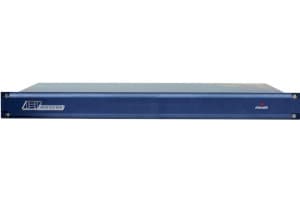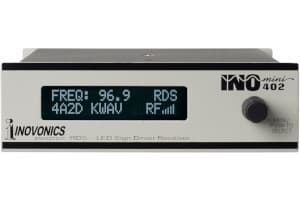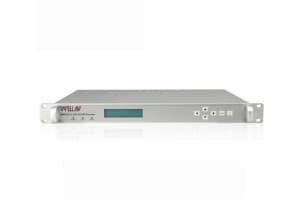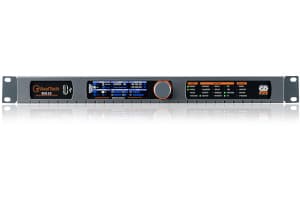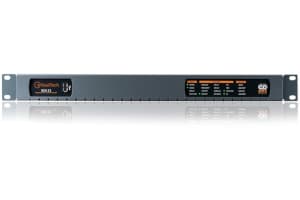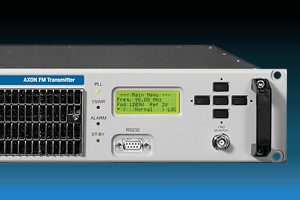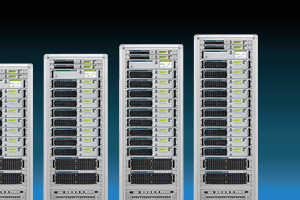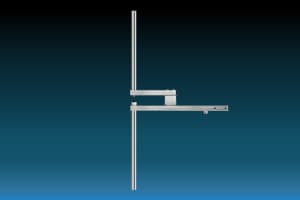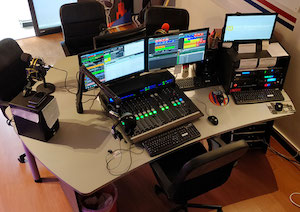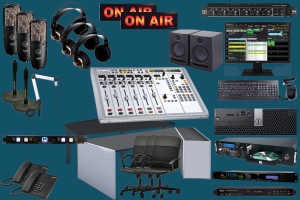RDS & Stereo Encoders

What's an RDS encoder?
An RDS (Radio Data System) encoder is defined as a device or system that encodes digital information into the radio signal of a radio station.
ASCII text and other metadata is sent to the radio display, allowing users to visualize this type of information.
Radio stations use RDS encoders to show on the radio display such information as the name of the station, songs data, a program guide and
traffic information.
RDS Encoders can be built into the FM Audio Processor or in the FM
Transmitter – our transmitters come with an optional RDS encoder installed into them.
If you have an external RDS Encoder, it needs to be connected into the SCA input in your Stereo Generator or Processor.
Technical Specs of RDS encoders
These devices encode a 1187.5Bps data stream onto the 57Khz subcarrier (third
harmonic of the 19Khz FM Stereo Pilot signal).
The encoded digital data is modulated and combined with the audio signal from the radio station.
This modulation process ensures that the digital data is embedded within the FM signal and can be decoded by RDS-compatible receivers.
The encoded and modulated signal — which now contains the digital RDS data – is transmitted along with the regular FM audio broadcast,
without interfering with or compromising the primary audio signal.
The encoder has to comply with RDS Standards, so as to correctly interpret and display the transmitted information.
This standardization includes specifics about the format and structure of the data that is transmitted.
